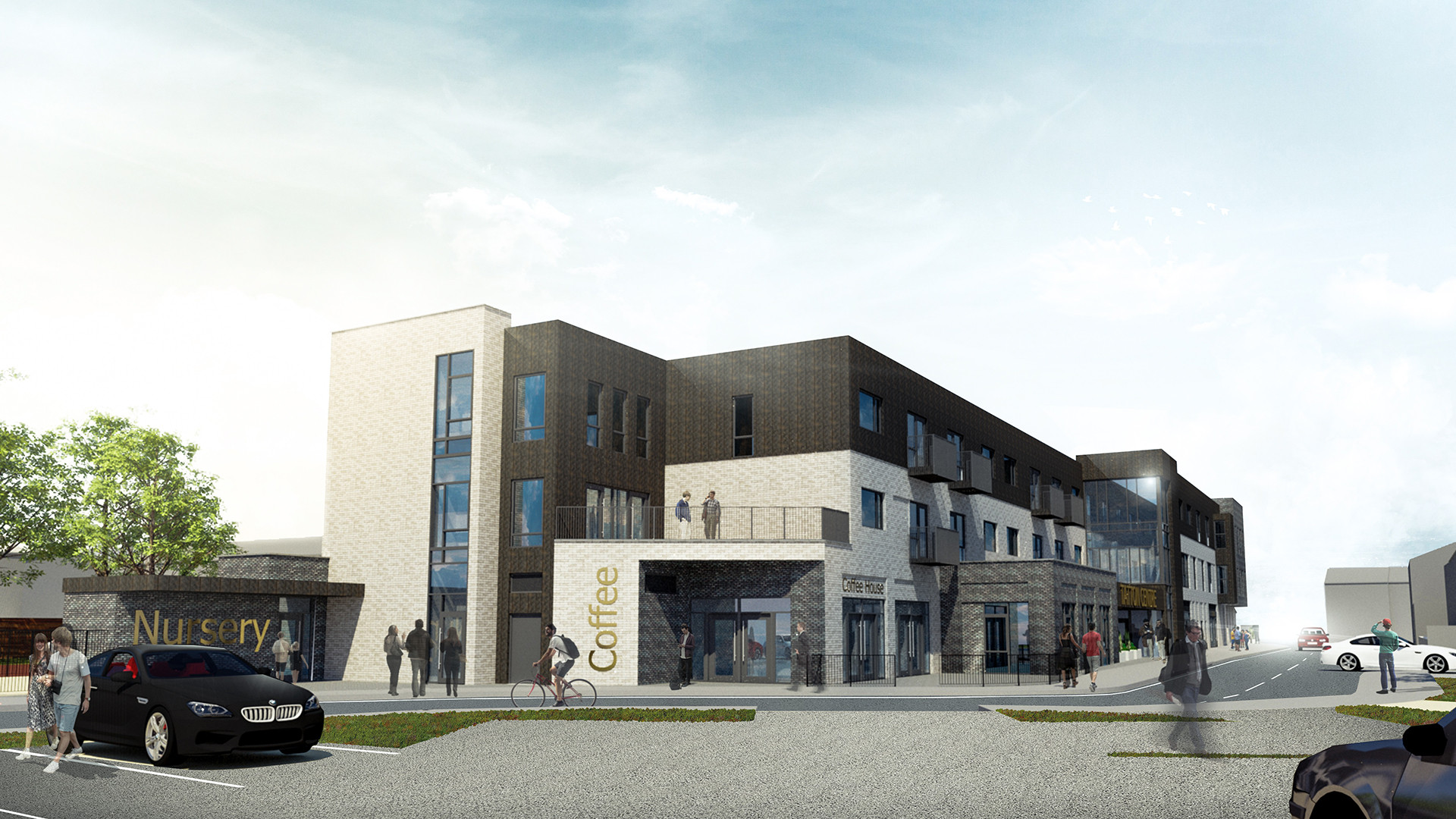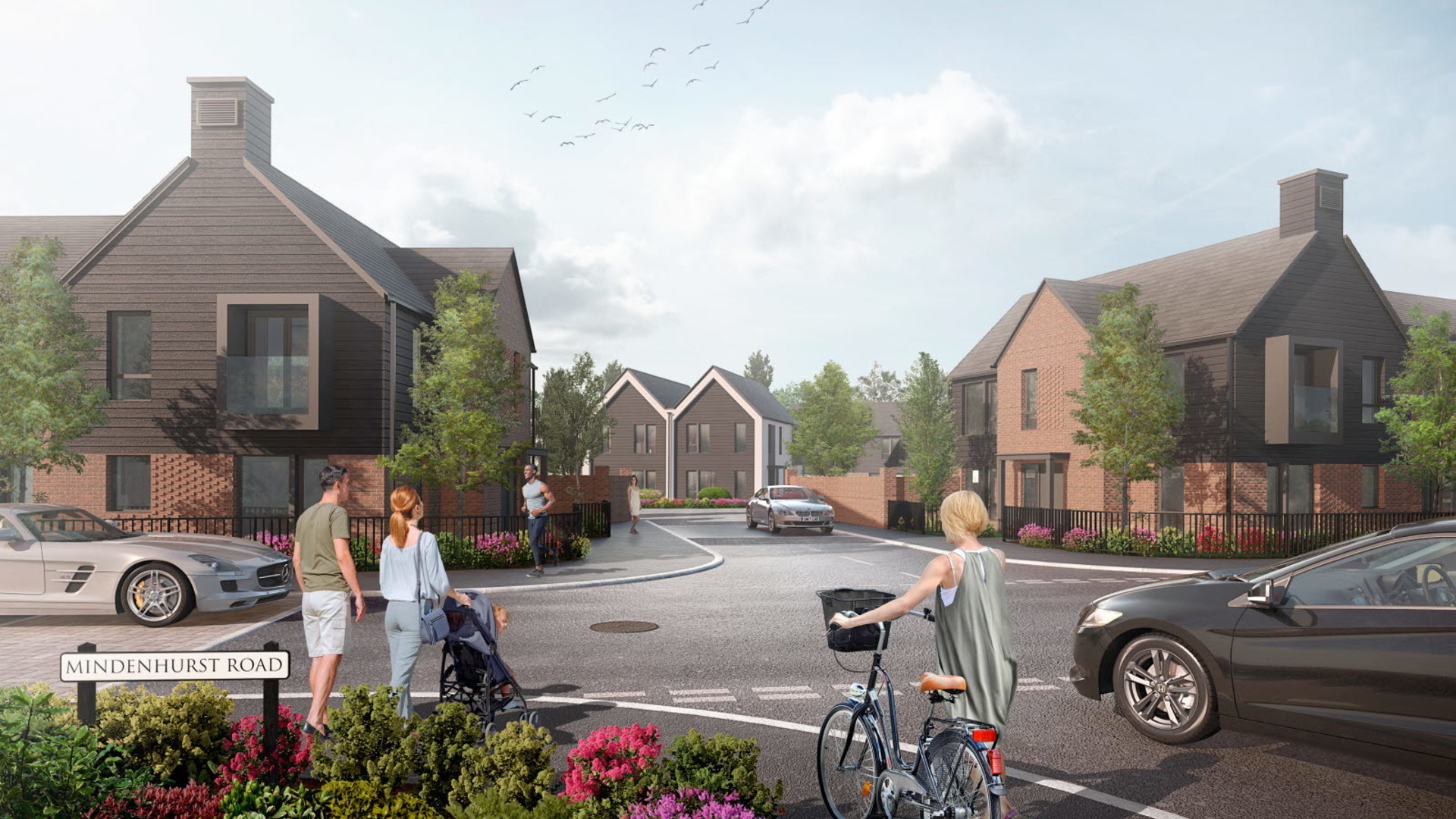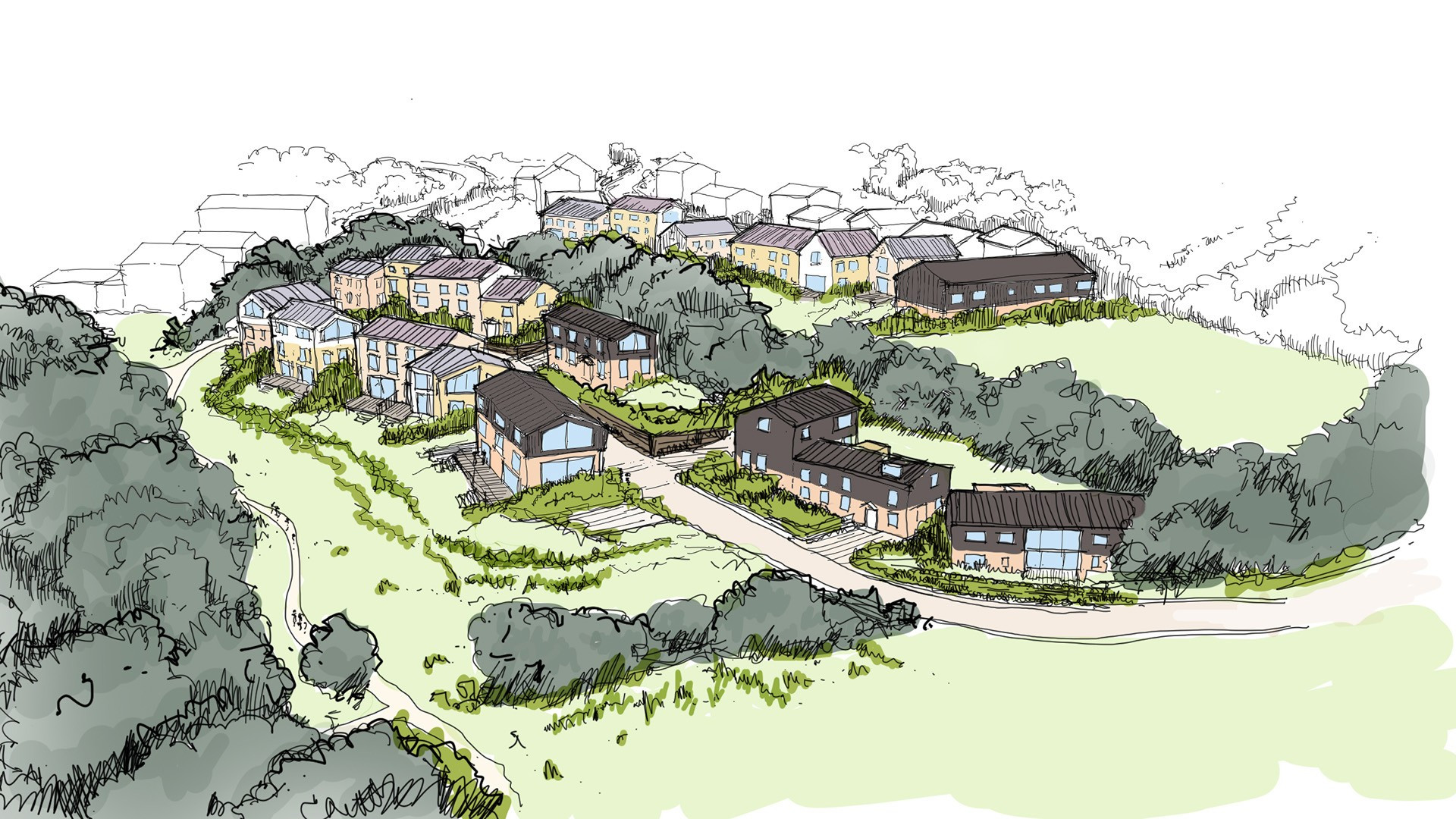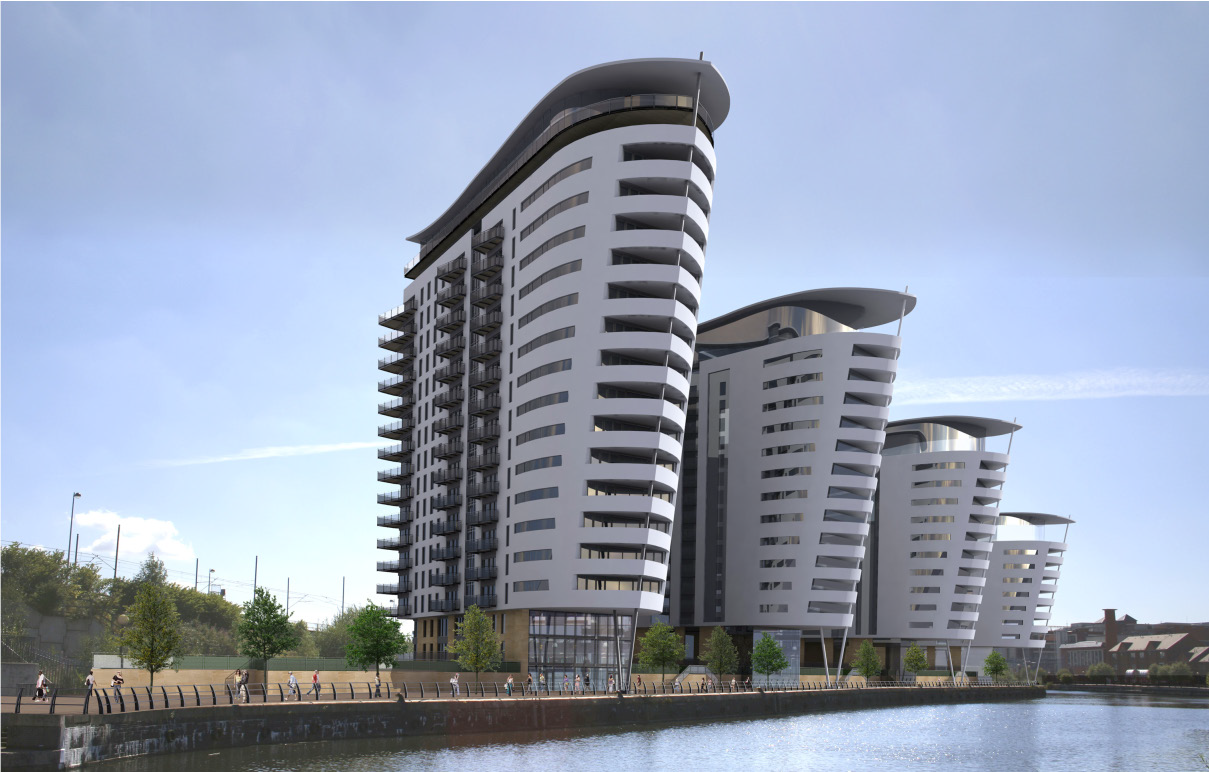


This site uses cookies that need consent.



The residential housing market is the cornerstone of UK property. Housing provides places for people to live and increasingly work whilst also being a key driver of the UK economy. As the ‘housing crisis’ has become a standard discourse in the UK media and with the government still seeking to provide 300,000 new homes a year, residential development continues to be at the forefront of the UK real estate market. Sustainability and affordability are critical in ensuring the right mix of housing is developed to meet the diverse needs of society.
Residential development is at the heart of what we do at Continuum, negotiating on behalf of Local Authorities to ensure appropriate affordable housing provision, managing the delivery of new Garden Settlements and financially analysing proposed development schemes to ensure viability. Our work spans a number of housing sectors including; sustainable housing, build to rent (BTR), retirement accommodation and affordable housing.
The concept of ‘Garden Settlements’ has existed for a while now, with the initial concept stretching back to the 19th Century, where Ebenezer Howard’s movement aspired to capture the benefits of both town and country in one cohesive location. The emphasis rested on industry and employment, supported with a sense of community in the delivery of affordable housing as a collective.
Even now, the momentum for Garden Villages/Settlements has not faltered. In January 2017, the government announced its support for 14 new ‘garden villages’ – new communities of 1,500-10,000 homes which meet criteria set out in the 2016 Locally-Led Garden Villages, Towns and Cities prospectus. These projects are to be supported alongside ten larger ‘garden towns’.
Continuum provide expertise in this sector and currently act on behalf of Tameside Metropolitan Borough Council to deliver the Godley Green Garden Village which will provide over 2,300 homes and two new village centres. Our ongoing role within the project has included securing infrastructure funding (HIF), engaging with landowners, managing the delivery programme, and establishing frameworks to ensure the effective governance procedures are in place.
The experience we have gained from their involvement in Godley Green is a unique one being embedded within a Local Authority, demonstrating that the delivery of Garden Villages in not reliant on private sector investment.
Affordable Housing has been a term we’ve all become comfortably familiar with as it’s significance alongside tumultuous political and economic situations, especially now given the cost-of-living, rockets. Even though it would be assumed that the dire need for affordable housing is understood, the delivery of it, although increasing year on year, still falls desperately short of requirements. As Local Authorities assert their stance on affordable housing percentiles, numerous developers are still seeking to negotiate these figures on viability grounds. Affordable housing should not act as a barrier to development and where financial viability proves a stumbling block it must be considered. Continuum offer an objective, impartial assessment of viability at both the decision taking and plan making stage. Our approach has been tested and supported numerous times through Public Inquiry.
At Continuum, our dedicated viability in planning service seek to ensure an appropriate quantum of affordable housing is delivered through the planning process whilst development remain financially viable. In the last 4 years, our work on behalf of Trafford Council has ensured the delivery of circa 500 affordable homes (equivalent to £40,000,000) has been delivered that was initially offered by the Applicant. We regularly offer educational presentations to Local Authority development control planners and Members to increase the understanding of the dark art that is viability in planning.
The built environment sector is estimated to be responsible for a staggering 42% of the UK’s carbon emissions. In light of the climate emergency, real estate has a responsibility to lead the way in the drive for sustainability. The Government, in response to the crisis, has introduced a number of measures and legislation such as Part L of the building regulations which will come into effect in 2025. Residential development is going to have to undergo a seismic change to comply with these regulations.
Continuum have a successful track record in delivering sustainable housing across the UK, predicated on our specialist knowledge and experience in the overall financial analysis, design development, specification and on-site delivery of sustainable homes. Our direct relationship with sustainable housing developers and technology suppliers enables us to deliver houses that are built sustainably from source with eco-friendly technologies.
The FT stated early in 2022 how investors “ploughed” £4.1bn into the UK’s ever-growing ‘build-to-rent’ sector throughout 2021. BTR is the fastest growing sector in the residential property market, following on from the explosion of the student housing market. Beginning with its focus firmly placed upon apartments, the sector is broadening with innovative estate housing BTR popping up around the country seeking to create a new tenure that is modern and affordable.
BTR offers an adaptive way to stimulate the market, playing a key role in increasing housing supply and providing modern purpose built housing solutions..
At Continuum, we have seen how impactful this sector has been, especially in the regeneration of areas such as Old Trafford, where BTR developments are becoming the common form of development. BTR developments, on a financial basis perform, perform differently to market housing. BTR is a sector within operational capital markets, and the profitability of a development is based upon the annual rental income. We have expertise in this field and understand the complexities of different financial models such as forward funding and how to create viable development schemes.
The current housing crisis doesn’t seem to be slowing down, bringing attention to various aspects that may be igniting the problem. The UK has an ageing population, paired with a lack of housing stock (in particular specialist accommodation) means for the housing cycle to continue organically, the family home currently being occupied by retired individuals, needs to be freed up for the generation below them. The housing market has a chronic shortage of specialist retirement accommodation which often means potential purchasers are unable to downsize to more appropriate properties. This is where retirement properties come in. Knight Frank recently produced a retirement housing report that states the private retirement property market will have a value of £44 billion by 2022, indicating just how prominent the sector is, placed on an upwards trajectory.
Continuum are developing alongside the contemporary housing trends. We have an established understanding of the needed outputs from both general retirement housing, and the more specific assisted living. This has been shown in our successful Tatton Park project, where we were able to financially model, secure funding and create a mixed use development with a 70 no. unit assisted living facility at its very heart.











